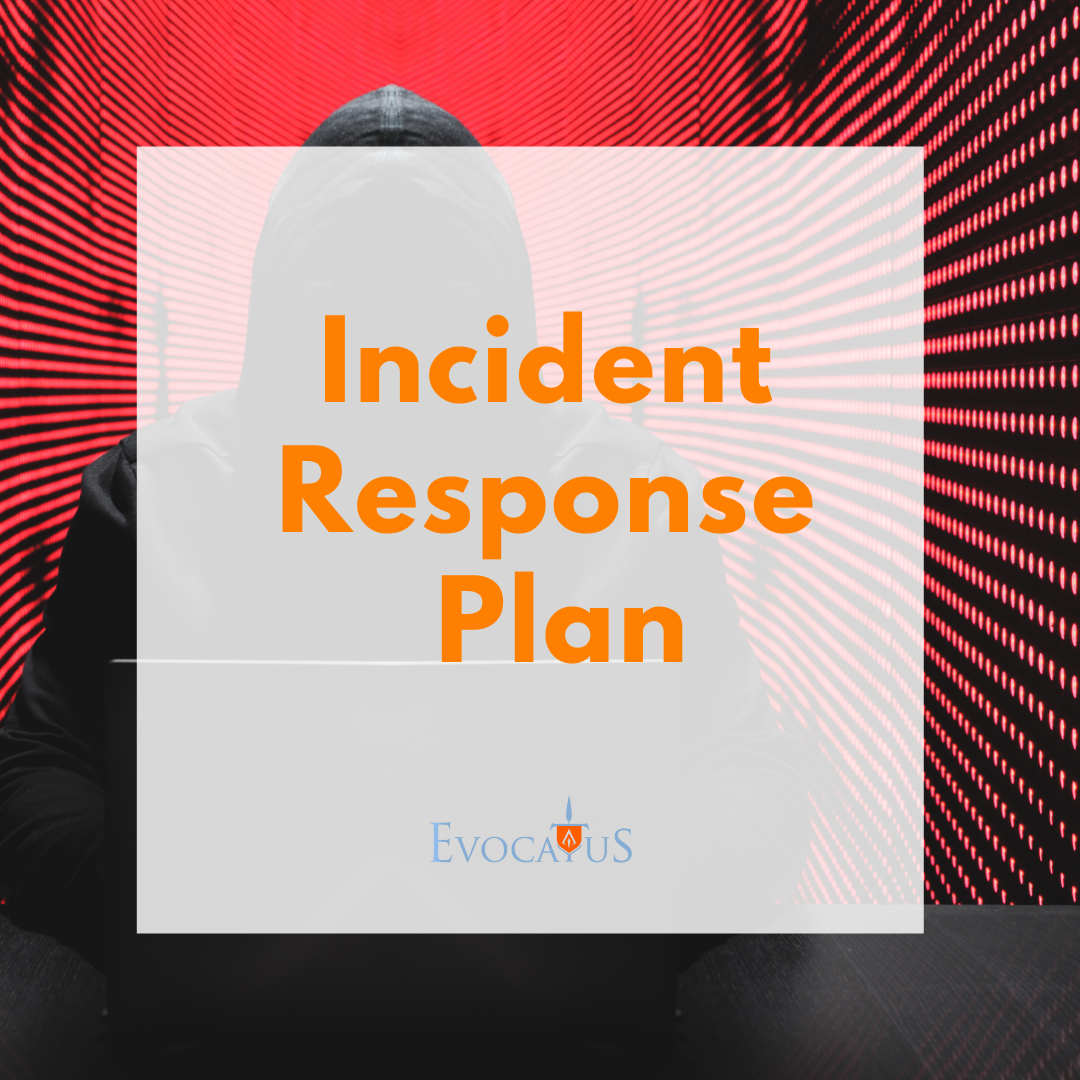Response-ability is the ABILITY to choose our response to any circumstance or condition
Stephen R Covey
 What is an incident response plan?
What is an incident response plan?
An incident response plan sets out the best ways to protect and minimize the damage to your business in the event of an unknown threat or incident. It should ensure that the right personnel and procedures are in place to respond quickly, efficiently, and effectively to any situation that arises that could be disruptive to your business. By creating, maintaining, and updating your incident response plan you are acting responsibly and thoroughly to attacks in whatever form they may take.
Incident Response Plan Service
In order to create an incident response plan, it is necessary to look at all the ways in which your business could be vulnerable. At Evocatus we use crisis and scenario games to help you prepare and evaluate an incident response plan that works for your business.
Types of crises we have simulated have included a cyber-attack, changes to legislation, a social media driven public relations crisis, international political crises and a break-in leading to the theft of high value stock.
Step 1 – Preparation
Our bespoke crisis games will be tailored to your individual business to help you prepare an incident response plan.
The hands-on game will be designed to get your team to deal with a potentially damaging event and will allow them to look at the consequences of the crisis scenario.
A crisis could take many forms, from a political scandal to a natural disaster, but every crisis will require players to face a series of dilemmas and the need to make decisions urgently, often with incomplete information.
Step 2 – Identification (detection and analysis)
The game will encourage the team to identify potential problems within the scenario and analyse the threat level and potential disruption to the business.
Step 3 – Containment
Once the team have identified the problems, they will find ways to work together to contain the threat and limit the damage.
Step 4 – Eradication and recovery
The crisis scenario game will involve shutting down the threat and will involve the team in the recovery stage. Promoting recovery will include looking for unseen opportunities within the scenario that can turn a negative situation into a positive outcome.
Step 5 – Learn, Test, and repeat
The last step is the after-action review. At this stage we get the team to look back at the game to see what they have learnt, test any solutions that are put forward and repeat the process with the implemented solutions. Depending on the type of game and budget, we can also use technology including GPS tracking and drone tech to be able to play back the action to the team, providing them with a more complete view of events than they will have had during the game.
From playing through the scenarios caused by the incident we can collate the necessary information for the incident response plan based on the responses and reactions of the team.
Once the team understand the importance of working to and adjusting their responses to the incident at hand, we can advise on how to create an inclusive and evolving incident response plan that can be rehearsed, practiced, and updated as the circumstances and conditions of the business develop.
